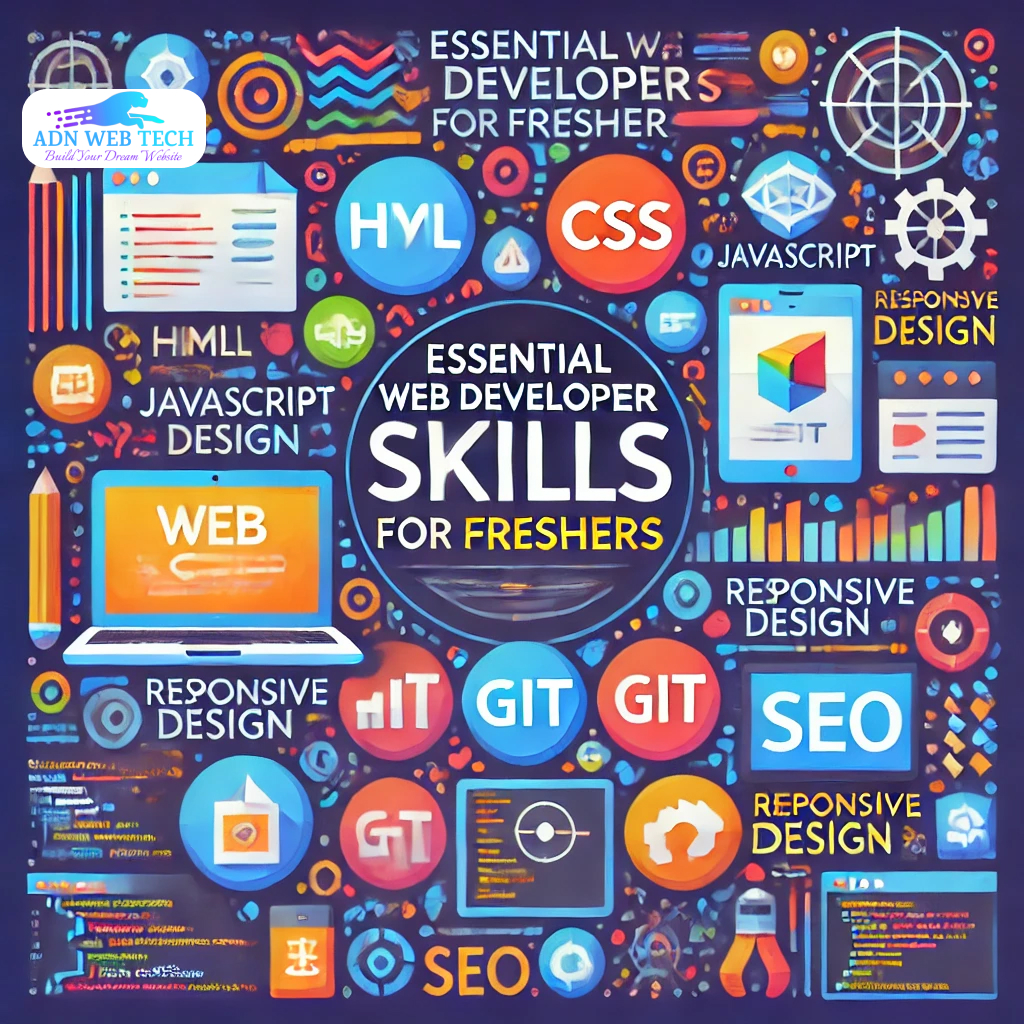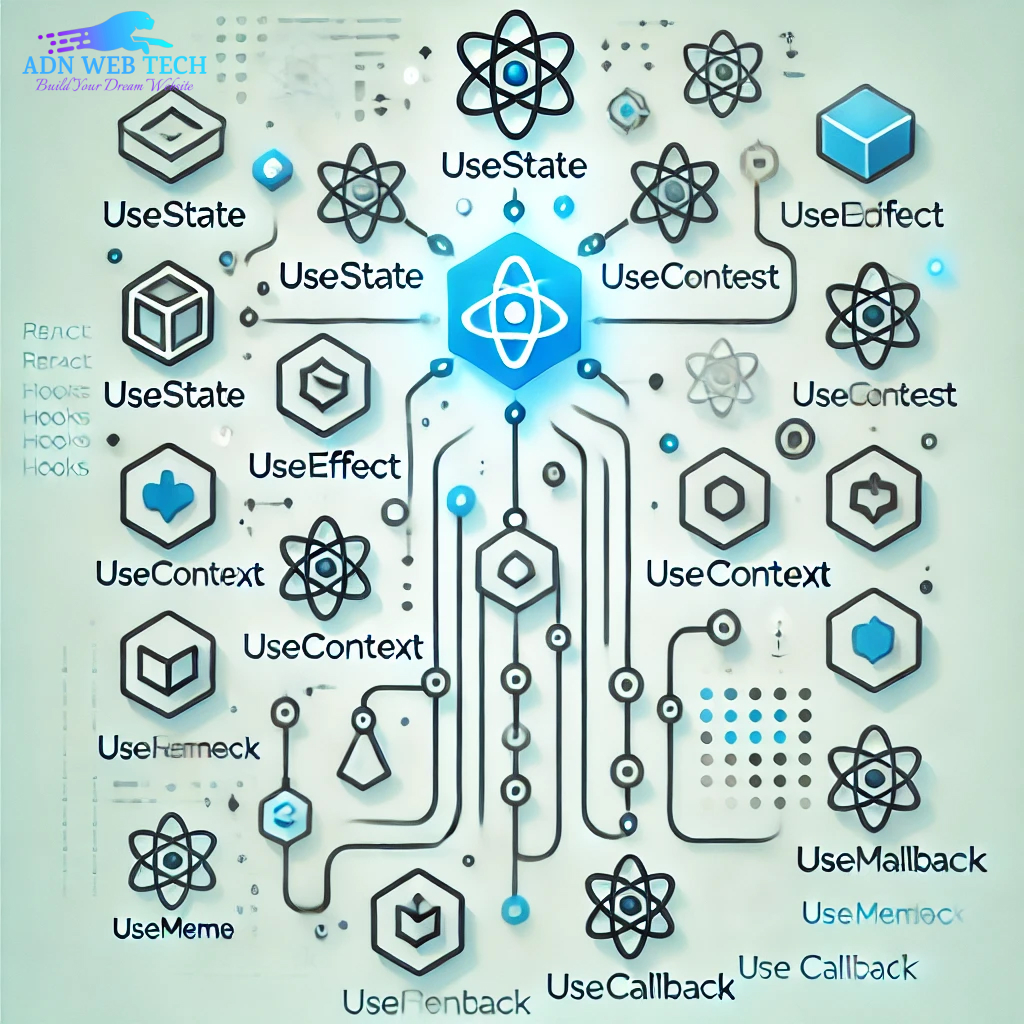
5 Essential Skills Every Fresher Should Master to Become a Successful Web Developer
1. HTML & CSS: The Backbone of Web Design
Every website on the internet is built using HTML (Hypertext Markup Language) and CSS (Cascading Style Sheets). These two are the fundamental building blocks for creating and designing web pages.
- Why it matters: Understanding how to structure a website with HTML and style it with CSS is a non-negotiable skill for any web developer, front-end or full-stack.
- How to master it: Learn HTML5 for modern markup practices and CSS3 to create responsive, mobile-friendly designs using media queries, Flexbox, and Grid layouts.
Pro tip: Experiment with open-source HTML/CSS projects on platforms like GitHub to improve your skills and build a portfolio.
2. JavaScript: Bringing Websites to Life
JavaScript is what makes websites interactive. Whether it's a simple button animation, form validation, or a complex web app, JavaScript is essential for adding interactivity to websites.
- Why it matters: A modern web developer must understand JavaScript to add dynamic content and functionality to a website.
- How to master it: Focus on learning vanilla JavaScript first. Then, move on to libraries and frameworks like jQuery, React, or Vue.js that make building complex features easier.
Pro tip: Build small projects like calculators, to-do lists, or even basic games using JavaScript to solidify your understanding.
3. Version Control with Git: Collaboration Made Easy
Version control is a must in the world of web development. Git is the most popular tool used by developers to track changes in code and collaborate with teams effectively.
- Why it matters: Git allows you to manage different versions of your code, making it easy to collaborate on projects with other developers without losing track of changes.
- How to master it: Learn basic Git commands like
commit,push,pull, andmerge. Familiarize yourself with platforms like GitHub or GitLab where you can host your projects.
Pro tip: Join open-source projects on GitHub to practice real-world collaboration.
4. Responsive Design: Crafting Websites for All Devices
With a significant number of users browsing the internet on mobile devices, having responsive design skills is critical. Responsive web design ensures that your website looks good and functions properly on all screen sizes.
- Why it matters: A responsive website not only improves user experience but also positively impacts SEO (more on this later).
- How to master it: Learn how to use media queries, Flexbox, and Grid to create fluid, adaptable layouts. Also, experiment with frameworks like Bootstrap for faster, responsive development.
Pro tip: Test your websites on different devices and screen sizes using browser dev tools or online simulators.
5. SEO Basics: Getting Found on Google
It's not enough to just build a beautiful website. You need to ensure it gets seen! That's where Search Engine Optimization (SEO) comes in. SEO involves optimizing your website so it ranks higher on search engines like Google.
- Why it matters: Even the best websites are ineffective if they don’t show up in search results. SEO helps bring organic traffic to your site.
- How to master it: Learn to structure your site using semantic HTML, write clean and optimized code, and focus on on-page SEO practices like optimizing titles, meta descriptions, and improving site speed.
Pro tip: Use free tools like Google Lighthouse to check your website's SEO and performance.
Bonus Skill: Backend Development (For Full-Stack Aspiring Developers)
If you're aiming to become a full-stack developer, learning backend technologies is equally important. Backend development handles server-side logic, databases, and authentication.
- Technologies to explore: Node.js, PHP, Python (Django), or Ruby on Rails are popular backend frameworks.
- Why it matters: Mastering backend technologies allows you to create more dynamic, data-driven websites, which expands your job opportunities.
Pro tip: Build a small, full-stack project like a blog platform or an e-commerce store to understand both frontend and backend integration.
Final Thoughts
Breaking into the web development industry can be overwhelming, but focusing on these essential skills will help you get started on the right foot. Whether you aim to be a front-end developer, a back-end expert, or a full-stack pro, these foundational skills will set you up for success.
Stay curious, keep practicing, and don't hesitate to showcase your work in your portfolio and on platforms like GitHub. The web development industry is all about continuous learning—so keep evolving!
Call to Action:
Are you ready to embark on your web development journey? Share your thoughts in the comments below or showcase your web projects. Let’s help each other grow in this exciting field!
This blog targets freshers in web development while touching upon SEO, frontend and backend skills, and modern tools. By covering multiple trending topics, it increases the chances of engaging a wide audience, making it highly shareable and likely to gain high views.





